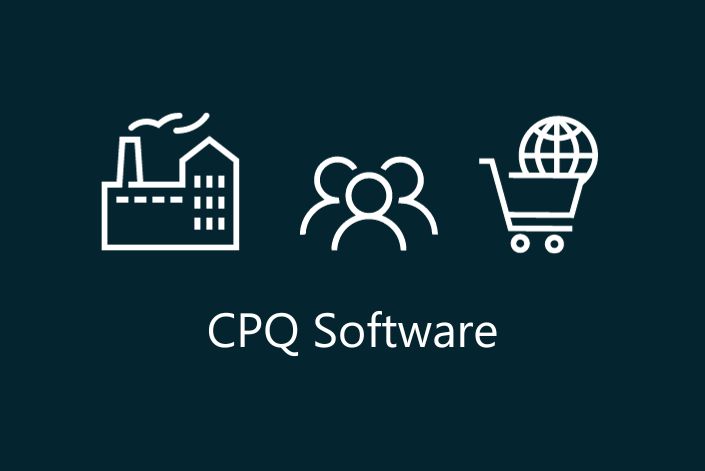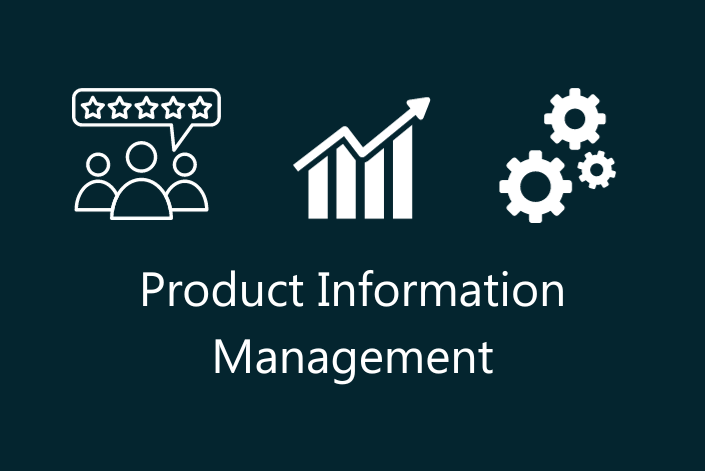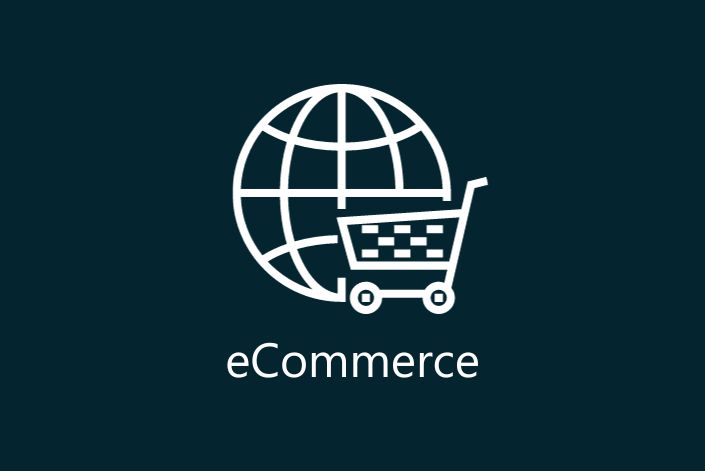What is a PIM?
Product Information Management (PIM) is a system that gathers and organizes product details in one place, making it easy to create a compelling product catalog for sales and eCommerce.
On the other hand, software helps companies efficiently receive RFQs, generate quotes, and submit orders. And to do this, CPQ software must hold product characteristics and Configure, Price, and Quote (CPQ) user data required for the purchase process. This includes configured product definition so RFQs, Quotes, and Orders can include correctly configured products. This article explores how combining CPQ and PIM can enhance B2B commerce. But before we dive in, let’s cover the basics.

Understanding CPQ:
CPQ, short for Configure, Price, and Quote, is a tool that helps sales teams create and deliver quotes efficiently. It uses automation and artificial intelligence to offer insights into personalized product configurations and pricing, speeding up the process from quote to cash.
CPQ not only speeds up deal closures but also improves customer experiences with quick and personalized services.
How CPQ Enhances eCommerce:
CPQ software significantly reduces the time needed for manual quoting processes, saving about 300 percent of the average time. With AI, B2B eCommerce experiences are enhanced by:
1. Faster Response Time: CPQ provides real-time market data for swift responses to sales inquiries.
2. Customized Offers: AI tailors offers based on accurate product configurations and pricing trends.
3. Precise Quotes: CPQ ensures accurate configurations, preventing errors and speeding up the quote-to-cash process.
4. Instructive Sales Process: CPQ lets sales teams focus on building relationships through enhanced automation.

Understanding PIM:
Product Information Management (PIM) is software that centralizes product information, making it easy to organize catalogs and share information across channels.
How PIM Enhances eCommerce:
It contributes to an improved eCommerce experience by:
1. Fast Purchase Decisions: it helps businesses quickly publish new products across multiple platforms.
2. Reduced Product Returns: Integrating PIM minimizes product returns, boosting customer confidence and profit margins.
3. Uniform Buying Experience: it ensures a consistent buying experience across channels, improving brand image and customer experiences.
4. Quicker Sales: PIM enables swift responses to customer queries, leading to quicker decision-making and sales.
5. Upselling and Cross-Selling Opportunities: it makes it easy to group similar products, promoting upselling and cross-selling.

How CPQ and PIM Collaborate for Better B2B eCommerce:
Integrating CPQ and PIM features the tech strategy and strengthens the B2B eCommerce experience. PIM provides relevant and accurate data for CPQ to create quotes, streamlining processes and improving consumer buying experiences.
In conclusion, integrating PIM and CPQ is crucial for B2B eCommerce, streamlining processes, using effective tools, and improving the overall shopping experience for consumers.
Check out more helpful tips from VISTECH on our social media!
Learn More! Contact us today!
